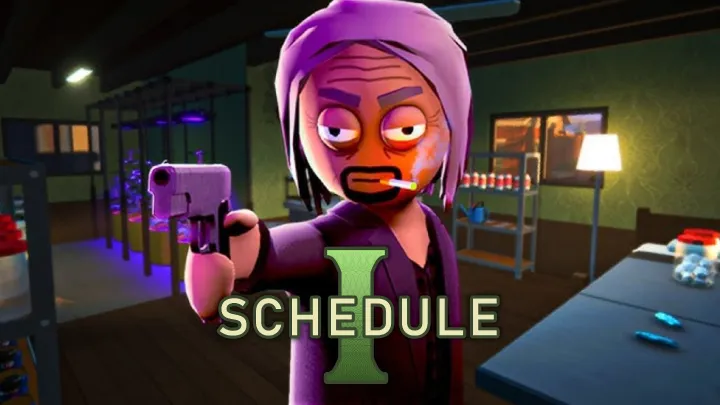What Makes “Smart” Enemy AI?
In modern gaming, good graphics and smooth gameplay are standard. What sets the best games apart now is how intelligent they feel—especially through their enemies. “Genius” AI doesn’t just mean stronger foes; it means adaptive behaviors, strategic decision-making, and realistic reactions that force players to think tactically.
These games go beyond basic scripted enemies. They study your moves, adjust strategies, flank, ambush, or even retreat when outmatched. Let’s look at the best examples of smart AI done right.
1. FEAR (First Encounter Assault Recon)
Why it stands out:
Despite launching in 2005, F.E.A.R. still ranks high for enemy AI. The AI in this FPS behaves like trained soldiers: they take cover, communicate, flank, and force players to move constantly. Each encounter feels unpredictable—even after multiple replays,

AI Highlight:
Enemies shout instructions to each other (“flush him out!”), take advantage of your reload moments, and avoid running blindly into gunfire.
2. Halo: Combat Evolved & Halo Infinite
Why it stands out:
Bungie’s original Halo set the gold standard for AI in console shooters. Enemies work in squads, react dynamically, and use vehicles intelligently. Halo Infinite continues this legacy with AI that adapts in open-world situations.
AI Highlight:
Elites dodge grenades, Grunts flee in fear, and higher-difficulty Brutes actively adapt to your weapon loadouts.
3. The Last of Us Part II
Why it stands out:
This game’s AI doesn’t just function—it feels alive. Human enemies communicate with names, search for you using realistic line-of-sight systems, and react emotionally to allies dying. Stealth combat becomes a constant mind game.

AI Highlight:
A dog’s AI can track your scent trail—forcing you to rethink movement and stealth strategies.
4. Alien: Isolation
Why it stands out:
This survival horror masterpiece features an alien that learns and hunts. It doesn’t follow predictable paths. Instead, it actively searches for the player, listens for noise, and adapts to your tactics.
AI Highlight:
The xenomorph can’t be killed, only avoided—creating constant fear because it behaves like a living predator.
5. Metal Gear Solid V: The Phantom Pain
Why it stands out:
MGSV features reactive enemy AI that changes based on how you play. Use headshots too much? Enemies wear helmets. Rely on night ops? They'll bring flashlights and night-vision goggles.
AI Highlight:
The AI doesn’t just respond in a single mission—it evolves across multiple encounters.
6. Shadow of Mordor / Shadow of War
Why it stands out:
These games introduced the groundbreaking Nemesis System, where orc enemies remember you, level up, and adapt. You may kill one only to see him return scarred and smarter.

AI Highlight:
The AI builds rivalries, creating personal vendettas that change how future fights unfold.
7. Hitman (World of Assassination Trilogy)
Why it stands out:
In Hitman, enemies are more than guards—they’re watchers, responders, and even manipulatable. If something looks off, they’ll investigate. Change disguises too close to a guard? They’ll spot it.
AI Highlight:
Your behavior influences suspicion levels, making every action part of the challenge.
Why Genius AI Makes Games Better
Smart AI can:
Increase replayability
Make each encounter feel unique
Challenge players to adapt constantly
Create emergent gameplay (unscripted, dynamic moments)
In short, great AI creates stories that no scriptwriter could plan.
Final Thoughts
Games with genius enemy AI aren’t always the flashiest—but they offer some of the most rewarding gameplay experiences. If you’re tired of brain-dead enemies that act like punching bags, give one of these titles a try. You may find yourself getting outsmarted more than you expect.

















